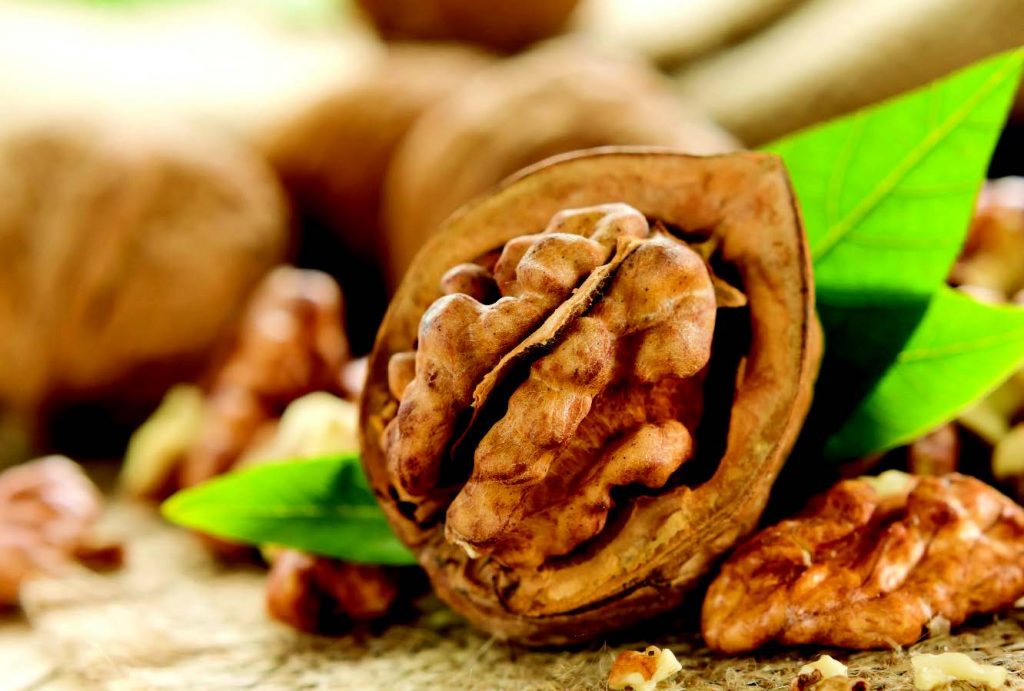Eating an overall healthy diet, including certain foods such as walnuts and other whole foods, may reduce the risk of physical function impairments throughout the ageing process in women, a new study has found.
Women who consumed 1-2 servings of walnuts per week (1/4 cup per serving) showed reduced risk of developing impairments in physical functions, the study said. Walnuts are unique among nuts in that they are primarily composed of polyunsaturated fat (13 grams per ounce), which includes alpha-linolenic acid (ALA), the plant-based omega-3 fatty acid.
They are the only nut to contain a significant amount of ALA with 2.5 grams per one ounce serving, the study noted.
“There is a lot of research that looks at specific health conditions in ageing, such as diabetes and heart disease, but less attention to research on quality of life and ability to maintain independence with ageing,” said Francine Grodstein, Professor at Brigham and Women’s Hospital and Harvard Medical School in the US.
Further, a higher intake of fruits and vegetables, lower intake of sugar-sweetened beverages, trans fat and sodium and moderate alcohol intake were diets most associated with reduced rates of incident physical impairment.
Among food components, the strongest relations were found for increased intakes of oranges, orange juice, apples, pears, romaine or leaf lettuce and walnuts.
Overall diet quality, rather than individual foods, may have a greater impact on reducing risk of physical function impairments, emphasised the paper published in the Journal of Nutrition.
For the study, the team looked at data from 54,762 women in the Nurses’ Health Study, which tracked women for over 30 years.
Between 1992 and 2008, the team examined these participants’ association between the dietary habits of the participants and subsequent impairment in physical function.
Helps weight loss
Contrary to what people believe, walnuts can form a part of weight management diet. Several studies have suggested that regular consumption of walnuts is unlikely to cause weight gain or obesity. In fact, an ounce of walnuts contains 2.5g of omega 3 fats, 4g of protein and 2g of fibre that help provide satiety. Any successful weight management plan must include satiety factor; so walnut is undoubtedly the right food to consider if you are into a weight management programme. Despite being ‘dense in calories, walnuts can be an important tool in helping you lose weight.
Induces sleep
Walnuts contain a compound called melatonin, responsible for conveying messages regarding the cycle of light and dark to the body. Since melatonin is already synthesised by the body, consumption of walnuts increases the blood levels of melatonin, thereby inducing sleep. That’s why eating walnuts can be a great way to improve sleep.
Great for your hair
Walnut is a good ‘hair food’ too. This is because walnuts contain biotin (vitamin B7) that helps strengthen hair, reduce hair fall and improve hair growth to certain extent. In addition to walnuts, you can try these foods to prevent hair loss.
Prevents heart disease
Among all the dietary plants and nuts, walnuts contain the highest amount of antioxidants. Around 100 g of walnuts will give more than 20 mmol antioxidants, which makes them extremely effective in combating heart disease by their ability to destroy free radicals. They are also loaded with omega-3 fatty acids that lowers bad cholesterol and increases the production of good cholesterol making it a great snack to keep your heart in great health.
Prevents diabetes
All types of nuts are associated with a lowered risk of diabetes and walnuts are no exception. According to a study, women who consumed 28 grams of walnuts twice a week were 24% less likely to develop type 2 diabetes. The study was published in the Journal of Nutrition, and even though it was conducted on women, experts believe that the benefits would be similar for men too.
Boosts your sperm quality
Eating 2.5 ounces of walnuts per day improves semen quality in healthy young men, researchers say. According to a study by UCLA researchers, eating 75 grams of walnuts a day improves the vitality, motility, and morphology of sperm in healthy men aged 21 to 35. Here are 8 easy ways to boost your sperm quality and count.
